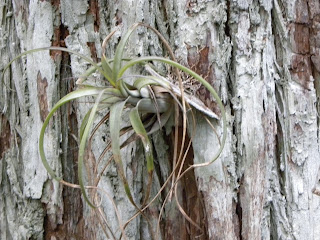What are the major elements of "sustainable" farming? How are ecological principles woven into this framework? Do you buy organic or "naturally" labeled foods? Why or why not?
Do you feel connected or disconnected to the current food system? If there were space on campus, would you be interested in growing your own vegetables (or, if the thought of vegetables makes you wince, fruit instead)?
I feel nearly completely disconnected from the current food system. I NEVER see where my food comes from. I don't buy from farmer's markets that often, but even when I do, I have never actually put my hands on the fruits or vegetables at the farm. If there was space on campus, I still would probably not farm my own produce. I simply don't have the time to drive to campus to grow and tend to my own vegetables, and then harvest them. I may consider growing a small plot of produce for myself when I move into a house of my own, where I can tend to the garden nearby.



















